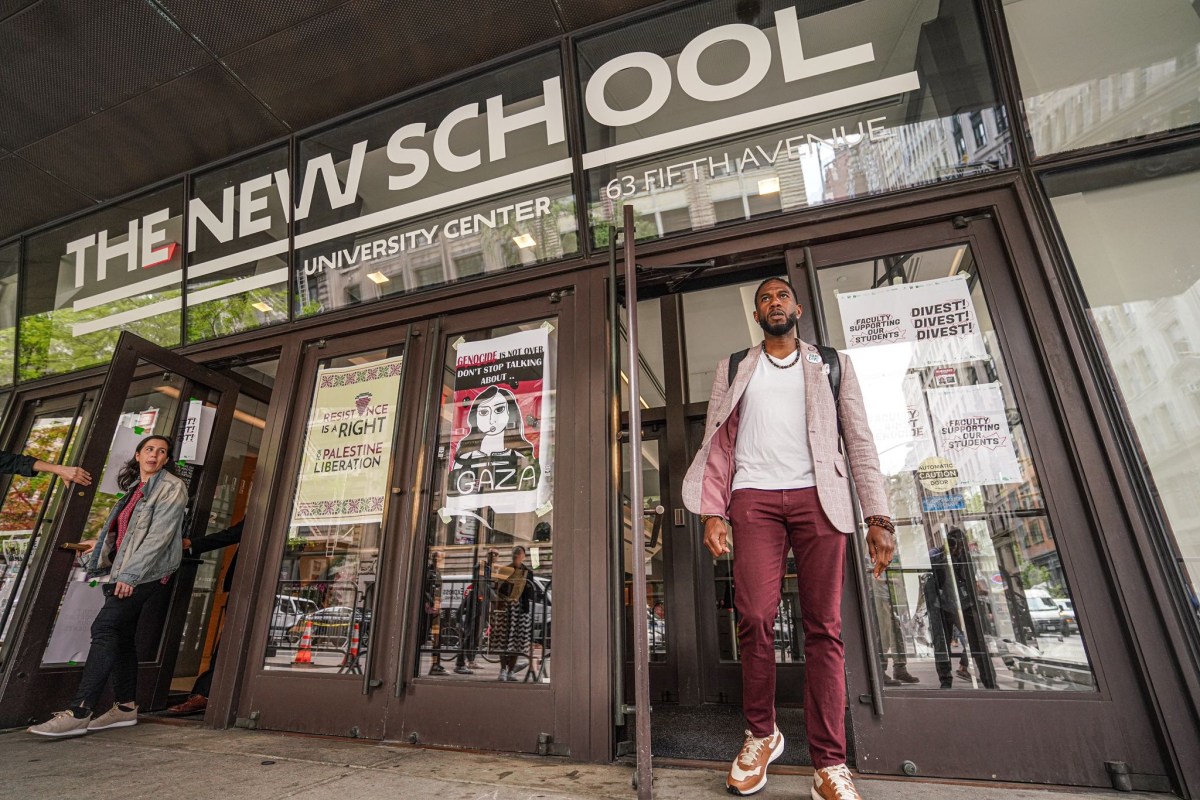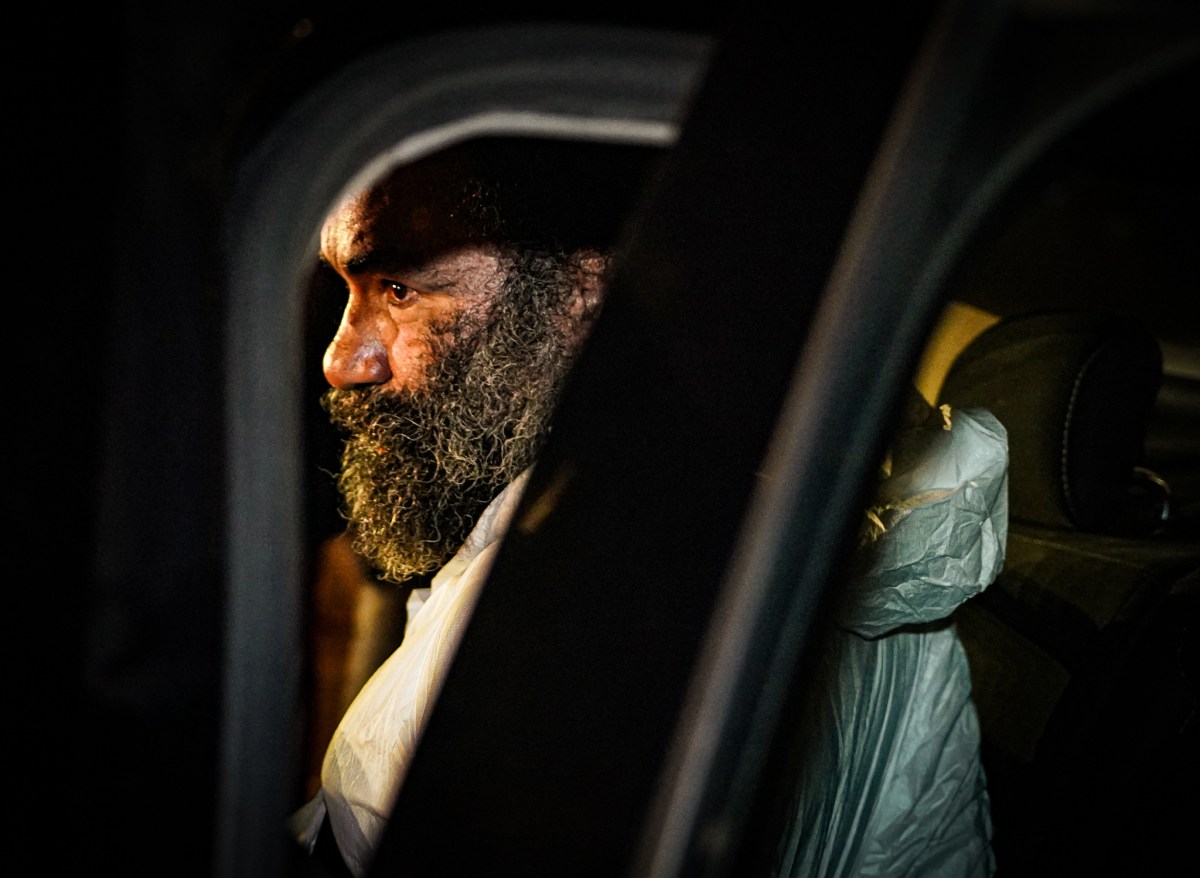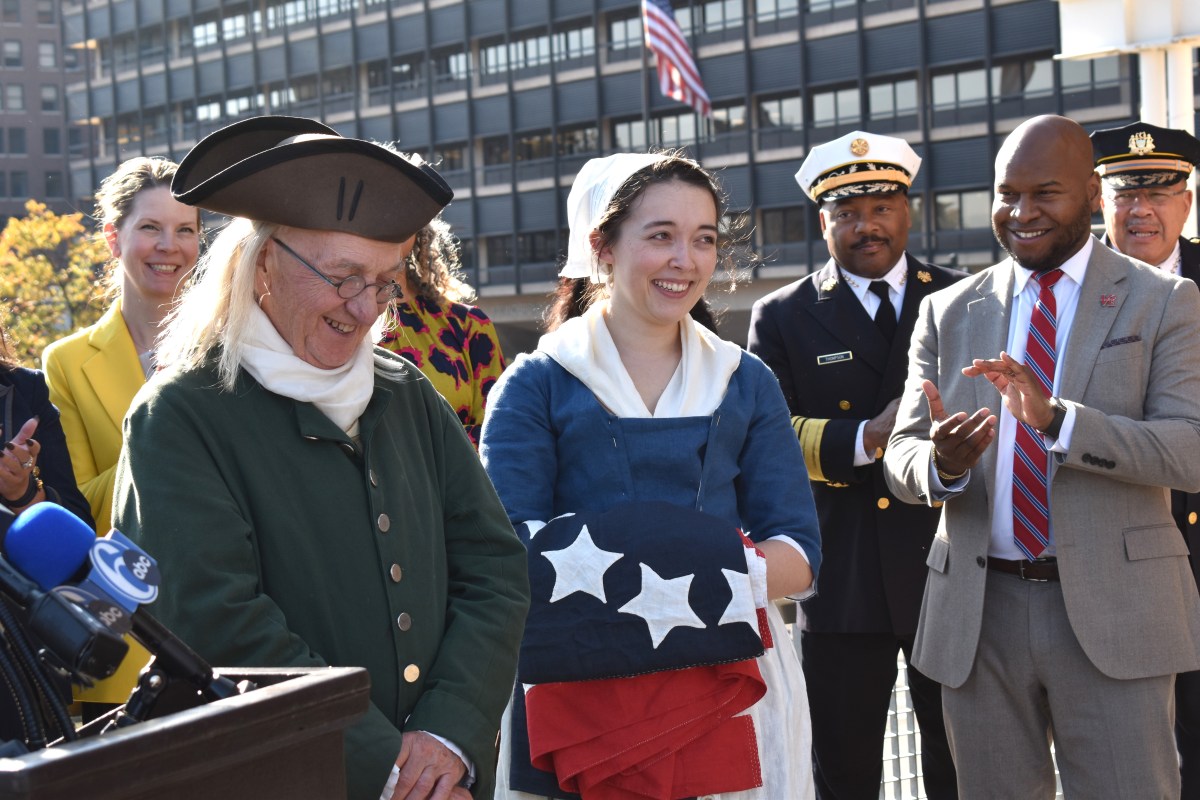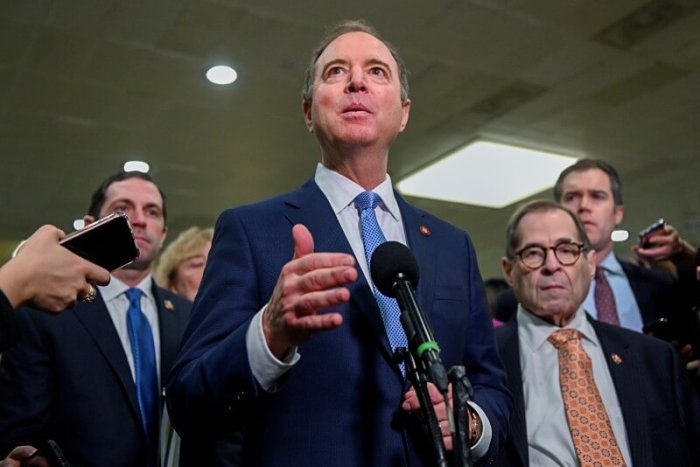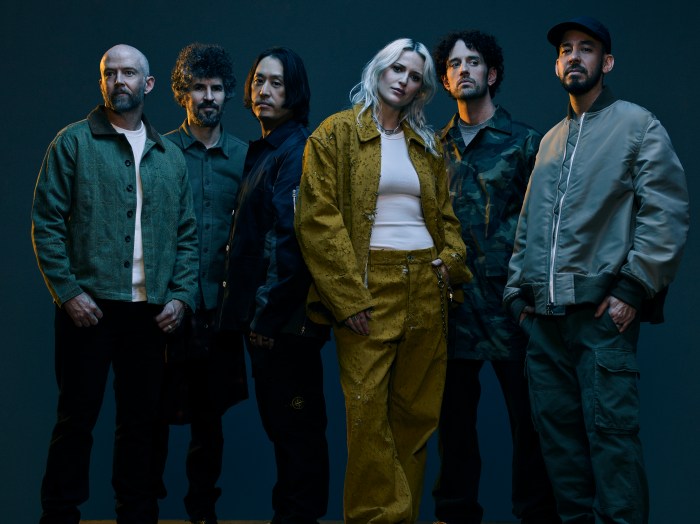By Jonathan Spicer and Khalil Ashawi
ISTANBUL (Reuters) – With nearly one million displaced Syrians massing near the Turkish border in the face of a Syrian government military offensive, President Tayyip Erdogan’s options are narrowing.
He feels blindsided by Russia’s push into Syria’s Idlib region and the risk of full-blown conflict is growing, but Turkey’s Erdogan remains hopeful a deal with Moscow may offer a way out of the crisis, according to Turkish government officials and other sources.
Erdogan has repeatedly warned that Turkey, which backs rebels in Syria’s northwest province, would push Syrian President Bashar al-Assad’s troops away from territory taken in the recent months if they didn’t pull back by the end of February.
But as Saturday’s deadline has drawn closer, the Russia-backed Syrian offensive has continued to gain ground and a third round of talks between Ankara and Moscow this week were not expected to quickly break the deadlock.
Turkish government and Syrian opposition military officials, diplomats and analysts said while a full-scale Turkish-backed military operation is still a possibility, depending on how hard Russia bargains, Erdogan is more likely at this late stage to agree a deal with Moscow that has him withdraw some of Turkey’s military presence in exchange for a role in deciding Syria’s future. They added that Erdogan has been taken aback by what Turkey views as Russian President Vladimir Putin’s uncompromising stance in the field and in discussions.
A Turkish official told Reuters: “Turkey and Russia can still reach a compromise.” But, “if there is no agreement and attacks on Turkish soldiers continue, the Idlib offensive will begin,” referring to a direct Turkish military effort to retake territory.
Erdogan’s office did not respond to a request for comment. He and aides have publicly said they want to solve the problem with Russia, but that Turkey’s resolve should not be tested and it will not abandon observation posts in Idlib, some of which have been surrounded by Syrian forces.
Erdogan’s decision will help define one of the worst humanitarian disasters so far this century, in which an estimated 900,000 Syrians – about half of whom are children – have been uprooted as they have fled the bombing of their towns and villages in recent months. In December, Moscow and Damascus, reinforced by Iran-backed fighters, launched the operation into the last big territory in northwest Syria held by opposition forces as they seek to end on Assad’s terms nine years of a bloody proxy that has resulted in the death of hundreds of thousands of Syrians.
As Russian-backed Syrian government forces have pushed northwest, displaced Syrians have amassed along Turkey’s closed southern border sleeping in tents or outside, with at least several children having died in freezing weather in recent months. “The bombing comes at us from everywhere… We no longer have any guarantor, not Turkey nor anyone else,” said Mohamad Atouf, 31, sheltering with his wife and four children in an empty hut near the border town of Azaz.
Erdogan faces the competing demands of the welfare of the displaced Syrians and his support at home, where there is little appetite for adding to the 3.7 million Syrian refugees already in Turkey.
Turkey, which has sent thousands of troops and equipment into the region to support the rebels, has seen about 20 troops killed so far in February. Hundreds more troops stationed in the observation posts have been surrounded by Syrian government forces that have stormed across Idlib under cover of unrelenting Russian air strikes.
Fighting has raged in recent days and late Thursday Russian state television said Turkish military specialists targeted Russian planes with shoulder-fired missiles. Ankara didn’t immediately publicly respond to the claim.
Faced with Russian air supremacy in Idlib, Erdogan’s most likely action would be striking a ceasefire deal with Putin in which the Turkish leader walks back repeated threats of an offensive but saves face with a role in deciding Syria’s future and in managing the migrant crisis, according to the government officials, diplomats and analysts.
Turkey, which opposes Assad and has supported some of the rebel fighters trying to topple him, hopes to re-impose the map of a 2018 Sochi agreement that called for a demilitarization zone around the Idlib region, but analysts said it would settle for a smaller zone of influence containing the displaced Syrians.
Syrian government forces have now taken about half of Idlib province and Assad has vowed to take back “every inch” of Syria.
Turkey remains hopeful of a deal. Erdogan had wanted Russian, German and French counterparts to meet on March 5 to discuss Idlib, but on Thursday the Kremlin said Putin had no plans for a meeting on that date. Germany and France have condemned the humanitarian crisis and urged an end to the conflict.
A separate Turkish official said a final resolution was unlikely until March 6, when leaders have floated but not confirmed a Turkey-Russia-Iran summit on Idlib.
The Kremlin did not immediately comment on prospects of a ceasefire. Vladimir Frolov, a former senior Russian diplomat, said Russia’s position is full control of Syria by Assad with potentially a narrow strip in Idlib along the Turkish border controlled in part by Erdogan and policed by Russia. Though Turkey is unlikely to accept that, said analysts, diplomats and officials in Ankara.
“Turkey has no good options from now on,” said Sinan Ulgen, a former Turkish diplomat and currently chairman of the Centre for Economics and Foreign Policy Studies, an Istanbul-based think tank. “This is why if there isn’t a ceasefire soon, Turkey will fight.”
On Wednesday, Erdogan restated his plans to push Syrian government forces away from its military observation posts in northwest Syria’s Idlib region by end-February.
Rebels backed by Turkey said on Thursday they recaptured the strategic town on Saraqeb.
While disputed by some, taking Saraqeb marks the first major reversal by Turkey-backed Syrian rebels and allowed them to re-gain a portion of the main north-south highway linking Syria’s main cities.
But Assad’s forces have continued to make advances elsewhere in the province in recent weeks, taking numerous other villages and towns in the south of Idlib province.
A Turkish offensive that would face Russia’s air dominance would pose huge risks for Turkey. While its military is the second largest in the North Atlantic Treaty Organization (NATO), Turkey would likely rely on artillery units near the border because it lacks U.S.-made surface-to-air defenses after Ankara opted last year to buy Russian-made S-400s.
NATO members could supply Turkey with equipment and intelligence but not intervene on Syrian soil, diplomats and Turkish officials said. NATO did not immediately respond to a request for comment.
(Reporting by Jonathan Spicer in Istanbul and Khalil Ashawi in Azaz, Syria. Additional reporting by Tom Perry in Beirut, Orhan Coskun and Tuvan Gumrukcu in Ankara, Suleiman Al-Khalidi in Amman and Thomas Balmforth in Moscow.; Writing by Jonathan Spicer.; Editing by Cassell Bryan-Low)













